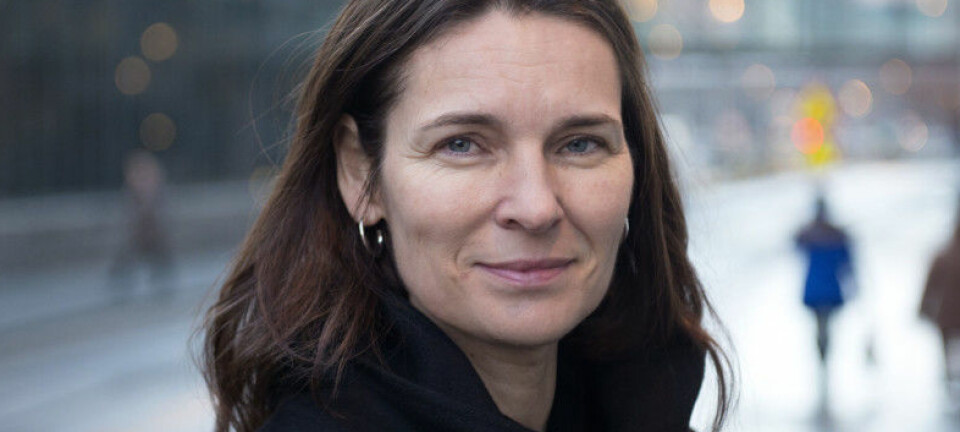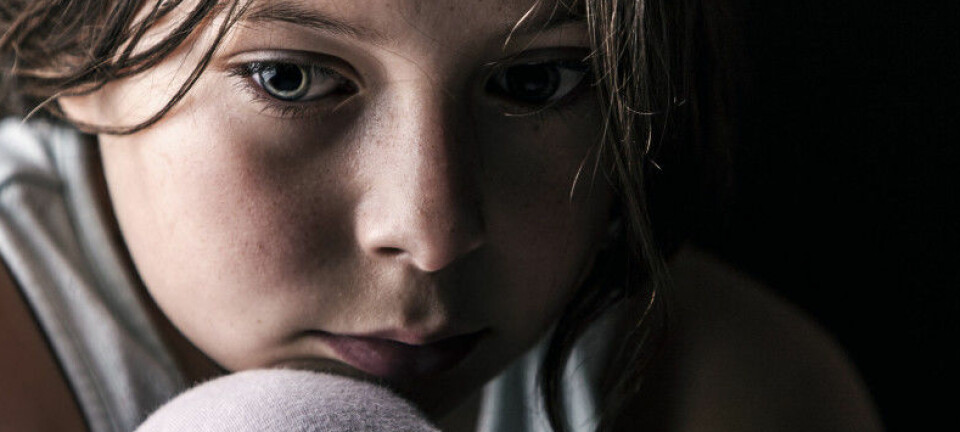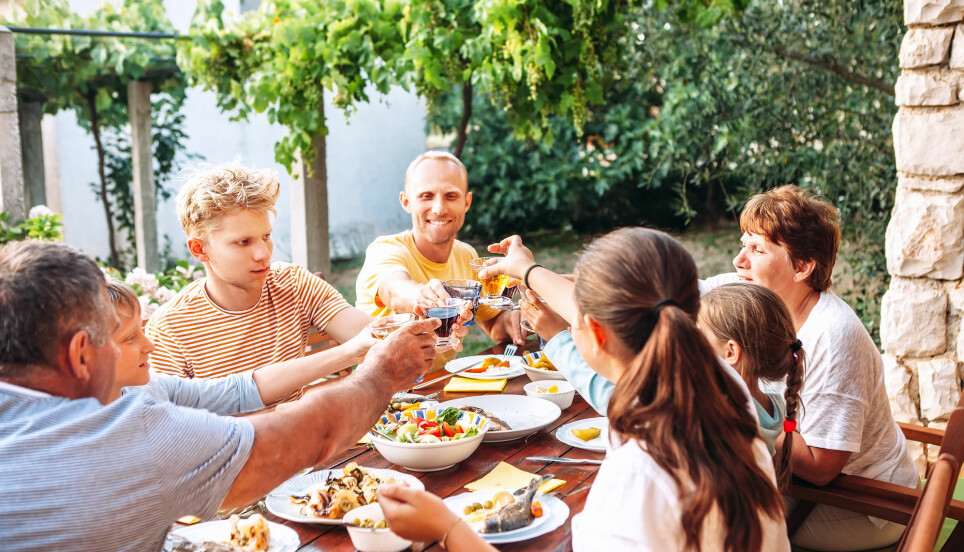
What happens when parents bring a foster child into the family?
New research illuminates the experiences of foster parents' biological children when their home becomes a foster home.
As many as 80 per cent of people who choose to become foster parents have children of their own.
The biological children of parents who have opened their homes to foster children may experience dramatic changes when they are asked to share both their parents and their home with a foster child.
Nevertheless, Norway’s child welfare services, which arranges for foster homes, has paid little attention to how these children are doing.
No follow-up
“These children don’t get enough follow up. They have a need for and a requirement for follow-up, according to the Convention on the Rights of the Child,” says Cecilie Revheim, a researcher at the University of Agder.
She recently defended her doctorate on how child welfare services addresses the needs of the biological children of foster parents.
She concludes that foster siblings are not involved in the follow-up and guidance given to the foster home.
This is despite the fact that these children are very important in ensuring that a foster home placement is successful.
[Read more about Revheims thesis in this article produced by the University of Agder: Foster parents' own children are the forgotten children in child welfare services]
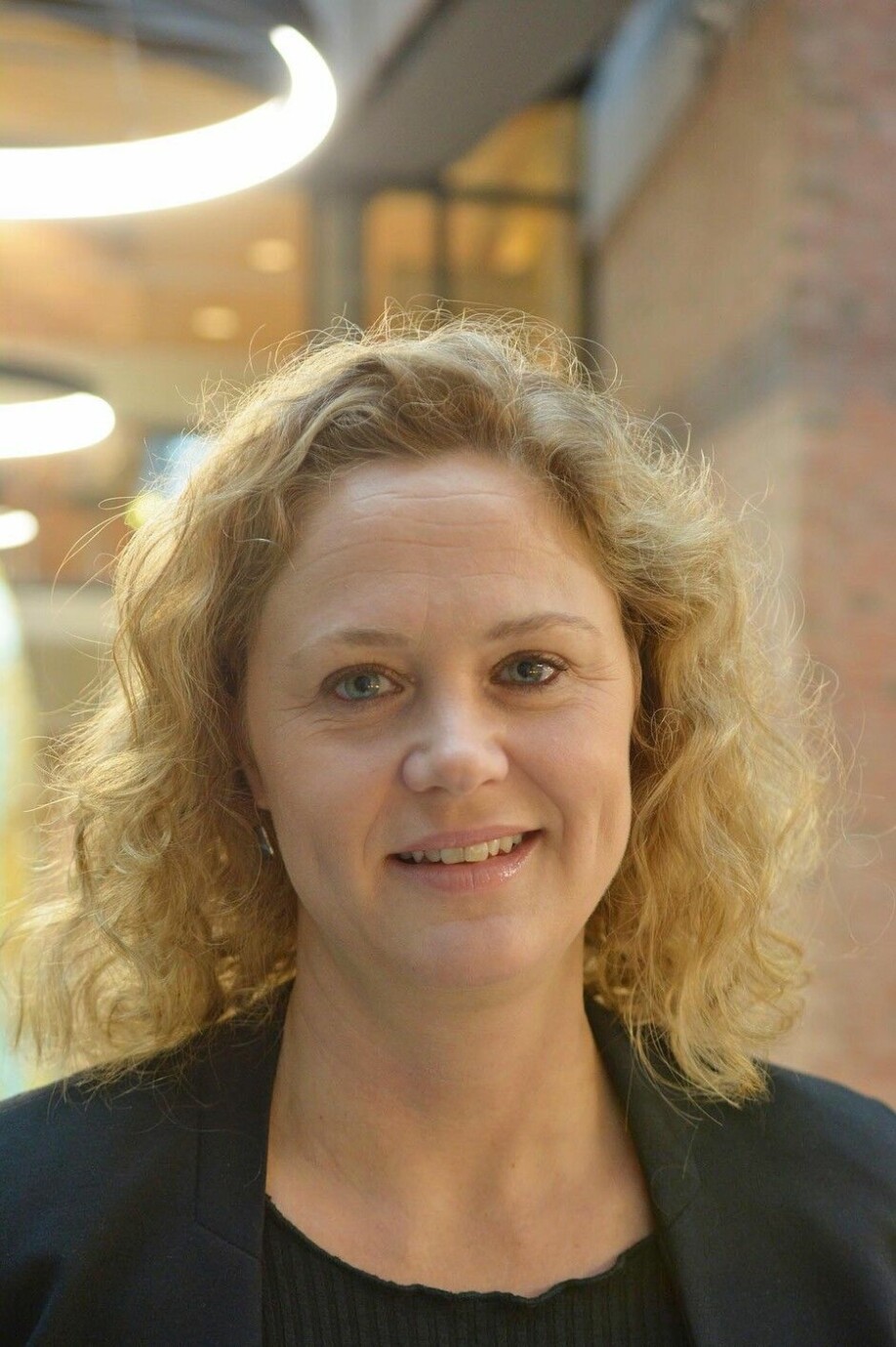
Can lead to problems
The Norwegian Directorate for Children, Youth and Family Affairs (Bufdir) asked Norwegian Social Research — NOVA, based at Oslo Metropolitan University, to investigate the experiences of foster parents' own children.
Child welfare researchers Tonje Gundersen and Jorunn T. Jessen have now conducted a large study for the directorate.
Studies from other countries show that when a foster home fails, it’s often because parents think that the burden on their own children is too great.
“That’s why it’s important to find out where the stress is coming from, and how it can possibly be prevented,” says Gundersen.
In a report to the Norwegian parliament in 2017, municipalities were given the responsibility to follow up on foster siblings. A course was created and get-togethers were set up for these children.
Nevertheless, as many as 70 per cent of Norwegian foster parents say that their own children have not received any offers from child welfare services, Gundersen says.
Did not understand the consequences
The NOVA study shows that most children are involved in deciding whether the family should become a foster home.
But many feel that they really had no choice.
Some say they did not understand the consequences of bringing a foster child into the family.
The NOVA study is based on comprehensive data from 2019. A total of 997 active foster parents and 382 of their biological children were asked a number of questions in a survey. In addition, the researchers surveyed 419 people in foster homes that had stopped taking children.
All the foster homes in the study had biological children. The children who answered the survey were between 12–25 years old.
Most people have a good relationship
The vast majority of children and young people who have had a foster sibling said that they had a good or fairly good relationship with them.
About half perceived their foster siblings to be the same as their own siblings.
But it is also demanding to have foster siblings, the survey shows.
Here’s how one child put it:
"I think it's hard for me and my biological siblings to never be alone or do anything with our parents anymore. I also think it's hard that my parents have less energy for the rest of the family when the day is over.”
But this child also wrote:
"I find it very rewarding to have foster siblings, and feel that our home is filled with even more love."
Age means a lot
How children and young people experience having foster siblings depends a lot on their age, the NOVA researchers found.
Being in your mid-teens when you have foster siblings is not the best. More people aged 15–17 want their foster siblings to move out than children and young people in other age groups.
Being of the same age is not so great either. Children who are the same age as foster siblings report a lot of arguing.
Even children who are over 18 and have moved away from home find it challenging to have foster siblings. Among other things, their experience is that they don’t get as much attention from their parents as they need.
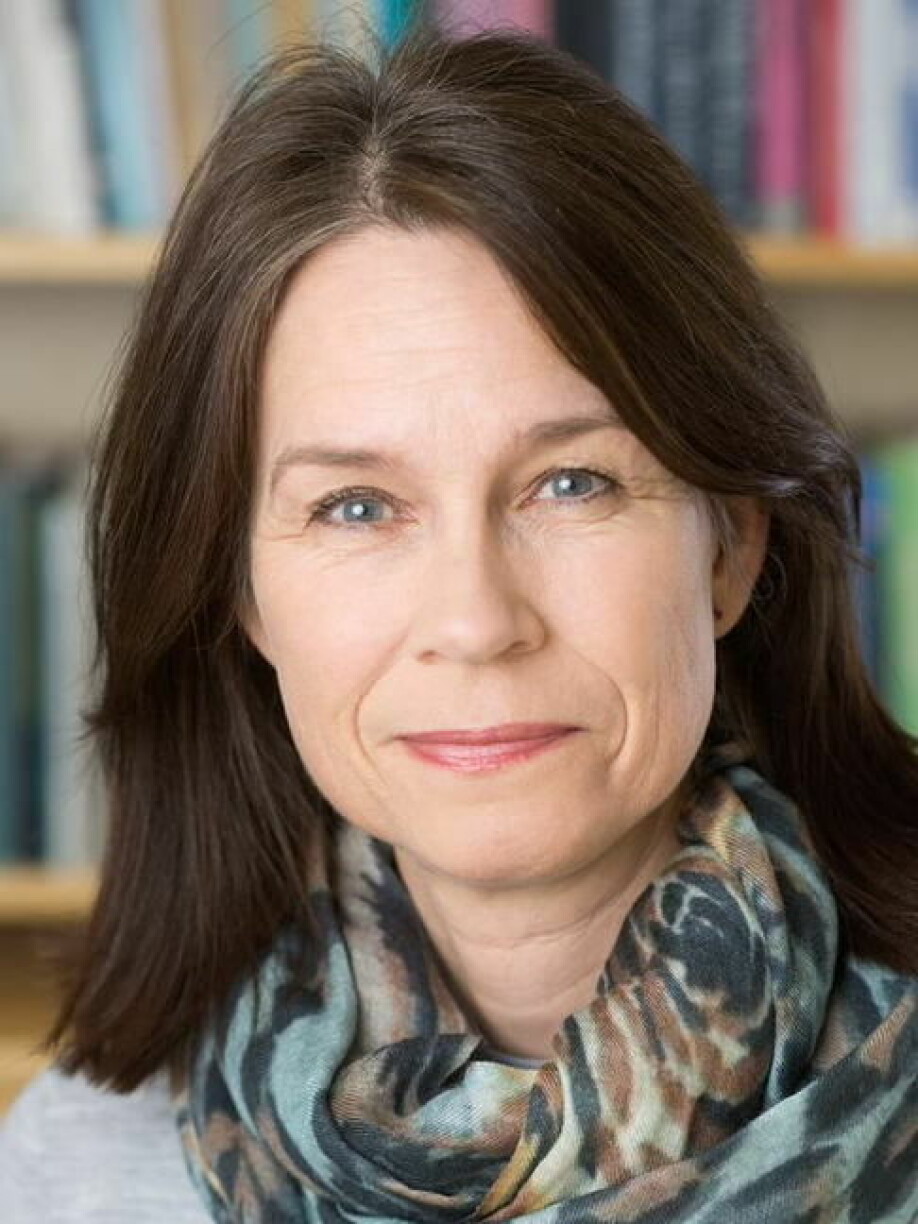
Sacrificing a lot over a long period of time
Many families sacrifice a lot over a very long period of time to take care of foster children, Gundersen says.
“The impression we are left with after the study is that this is simply not easy for the biological children. The adults often have to be there one hundred per cent for their foster children. Always. It doesn’t allow much room for the family’s everyday life,” says Gundersen.
One child who had had foster siblings wrote:
"It's incredibly nice to have foster siblings, but it takes a long time. It can feel as if you are having visitors for a bunch of years, and you can’t relax during the visit — which makes it tiring. It was important to me that mum and dad took time to hang out with just me, which made for times when I could relax alone with them."
Findings similar to international studies
Cecilie Revheim interviewed ten children and young people who are foster siblings. She has also had focus group interviews with a group of foster parents.
Although the studies are very different in size and design, she found it interesting that the results from her and the NOVA study are so similar.
The same is true for international research in the field.
Both Revheim and the NOVA researchers found that many of the foster home's biological children experienced foster children as their biological siblings.
But child welfare services doesn’t really take this into account, Revheim believes.
“We know that relationships with other children in the family mean a lot in determining whether a foster home works out or not. We also know that sibling relationships mean a lot to children's identity, well-being and mental health. Therefore, the foster parents' own children should be involved and should be treated like relatives of a foster child who is having difficulty.”
Children need to understand why
It’s important for biological children to understand why their foster siblings have to live in a foster home, Gundersen and Jessen found.
One in three would like to know more about why the foster child can’t live with their biological parents. Many said that they needed more information to do "a good job" as assistants.
One in three said that foster siblings sometimes talked about bad experiences. This can be painful for the children to listen to.
It is important that children be well informed, without telling them too much about the worst things, Gundersen said.
It’s a difficult situation, which means it’s important that child welfare services helps foster parents with it, she said.
“When they are on a home visit, it may be enough to just spend a few extra minutes talking to all the children in the family,” she said.
Revheim found that the foster parents' own children wanted to talk to child welfare services and to mediate in conflicts.
“They became frustrated when they saw that the child welfare services didn’t understand their situation and the pressures they lived under,” she said.
More creative thinking needed
An important reason why a family wants to stop being a foster family is that they lack respite help.
Both foster parents and their children want more time to be alone together, Gundersen and Jessen’s study found
But providing respite care is not always easy.
Many foster children feel that they are not seen as part of the family and feel rejected when the foster family gets respite help. Nevertheless, it’s important to create some places for the biological family in everyday life, Gundersen said.
“Child welfare services can be more creative in terms of providing respite care than it is today. For example, it could create regular routines where the foster child visits other members of the family, such as adult children or grandparents,” she said.
Foster parents' children must be seen
Gundersen believes it’s important that foster parents' children get more recognition for the important role they play in the family. At the same time, it's important to remember that they too need care.
A child who took part in the survey wrote that it would have been nice if someone from child welfare services had sometimes asked how things were going.
“… as a sibling, you have a lot of feelings connected to foster siblings that can feel forbidden and for me, the need to ‘be understanding’ was very tiring. Being a foster sibling is sometimes a big sacrifice and I would have liked to have received recognition for it.”
Translated by: Nancy Bazilchuk
Sources:
Tonje Gundersen and Jorunn T. Jessen: Fosterforeldres egne barn: Hvordan synes de det er å ha forstersøsken? (Foster parents' own children: What do they think about having foster siblings?) Journal of Norwegian Child Welfare 03/2020
Cecilie Revheim: Hva med oss andre som bor her? Profesjonsetiske utfordringer i møte med fosterforeldrenes egne barn. (What about the rest of us who live here? Professional ethical challenges meeting foster parents' own children). Doctoral dissertation, University of Agder, 2019.
———








